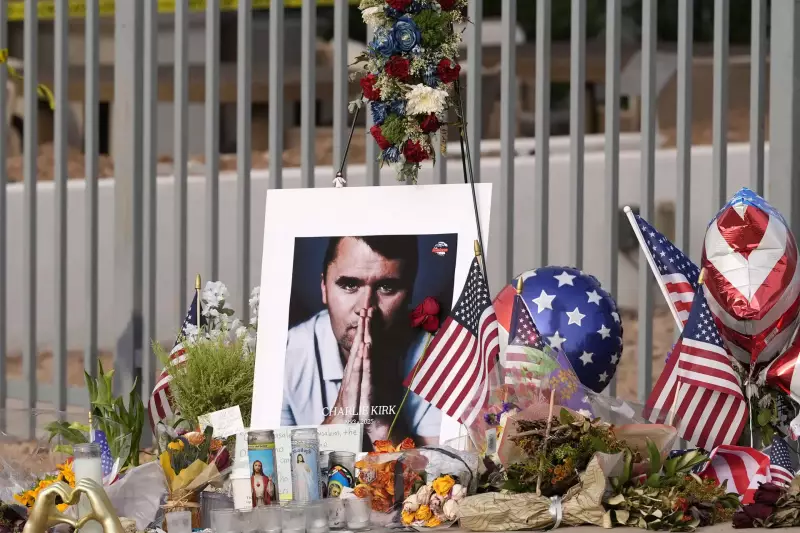
American higher education is facing a new kind of digital scrutiny that's dividing campuses and sparking intense debates about academic freedom. At the center of this controversy stands Charlie Kirk's Turning Point USA and their increasingly influential Professor Watchlist.
What Exactly is the Professor Watchlist?
The Professor Watchlist operates as a publicly accessible database that identifies and profiles university professors accused of promoting what TPUSA describes as 'anti-American values' and 'leftist propaganda' in their classrooms. What began as a conservative campus initiative has evolved into a powerful tool that's making both educators and administrators nervous.
The Impact on Academic Careers
Faculty members featured on the watchlist report experiencing everything from organized email campaigns demanding their dismissal to coordinated negative reviews on platforms like Rate My Professor. Several educators have described receiving threatening messages, while others note increased scrutiny from university administrations concerned about negative publicity.
"It feels like having a target on your back," one anonymous professor shared. "Suddenly, every lecture, every syllabus, every public statement is being monitored by people who want to see you fail."
Free Speech vs. Academic Integrity
Supporters argue the watchlist promotes accountability and protects students from what they perceive as ideological indoctrination. They maintain that professors pushing political agendas in non-political courses deserve public scrutiny.
However, critics counter that the watchlist creates a chilling effect on academic discourse. Many educators now think twice before discussing controversial topics or including certain materials in their curriculum, fearing they might end up on the list.
The Broader Implications for Indian Students
For Indian students considering American universities, the Professor Watchlist adds another layer to the already complex decision-making process. Some families now check the watchlist alongside traditional metrics like rankings and program quality, concerned about the political environment their children might encounter.
International education experts suggest that while the watchlist might influence some students' choices, most still prioritize academic excellence and career opportunities over political considerations.
Where Does This Leave Academia?
As the Professor Watchlist continues to grow and influence campus dynamics, fundamental questions about academic freedom, political neutrality in education, and the role of external organizations in university affairs remain unanswered. The debate reflects broader cultural divisions in American society that show no signs of abating.
What's clear is that the relationship between politics and education is being redefined, with platforms like the Professor Watchlist playing an increasingly significant role in shaping that conversation.





